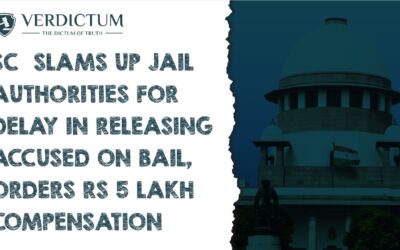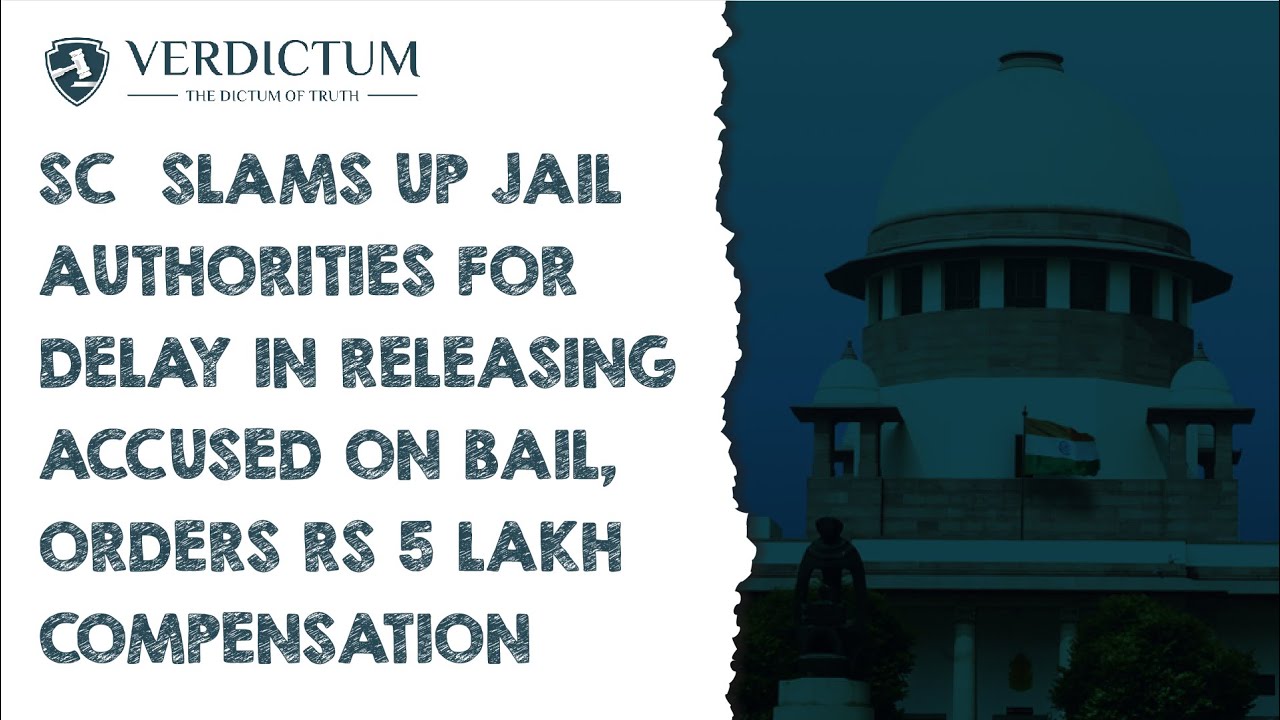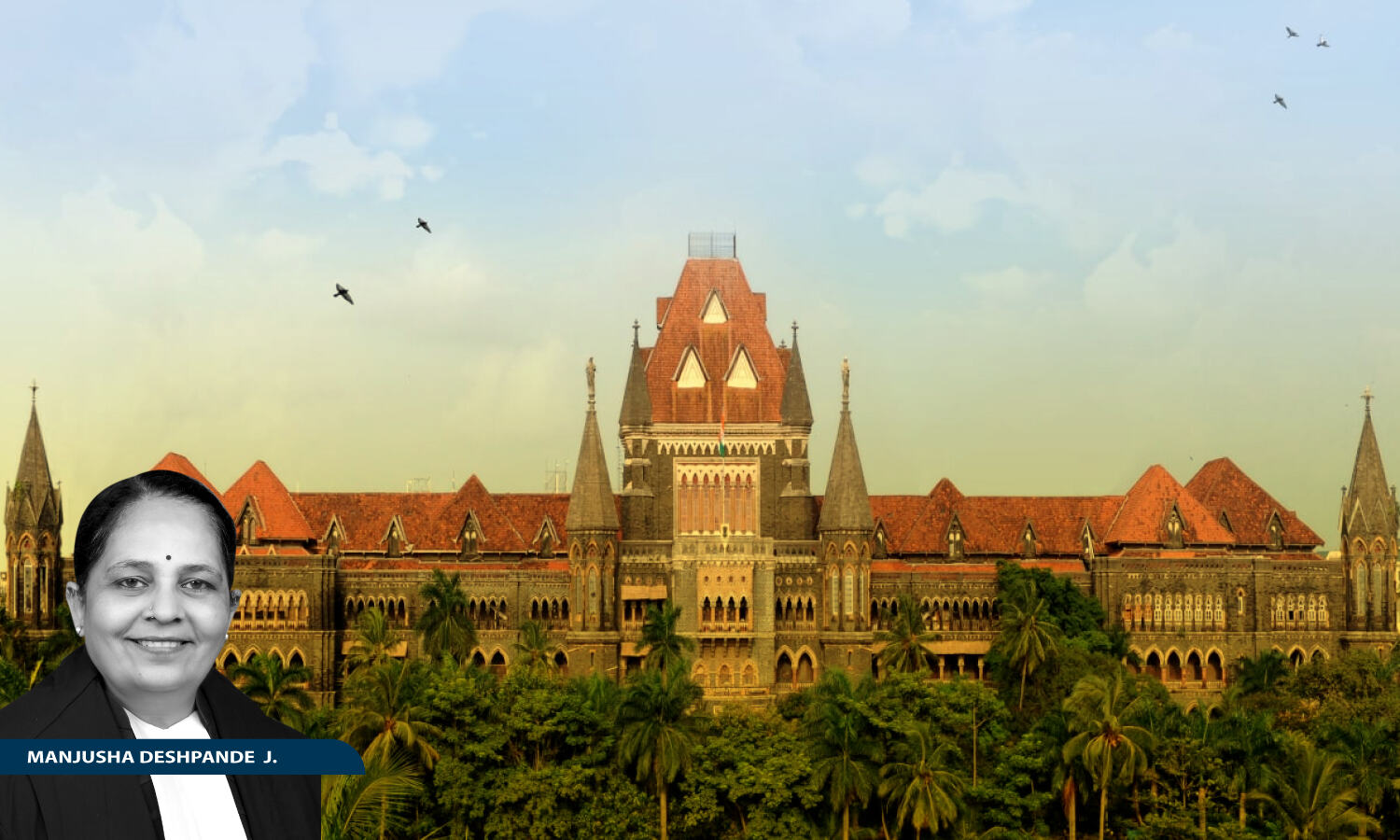Lessee Falls Within Definition Of Occupier And Is Bound To Deposit EPF Contributions: Himachal Pradesh High Court
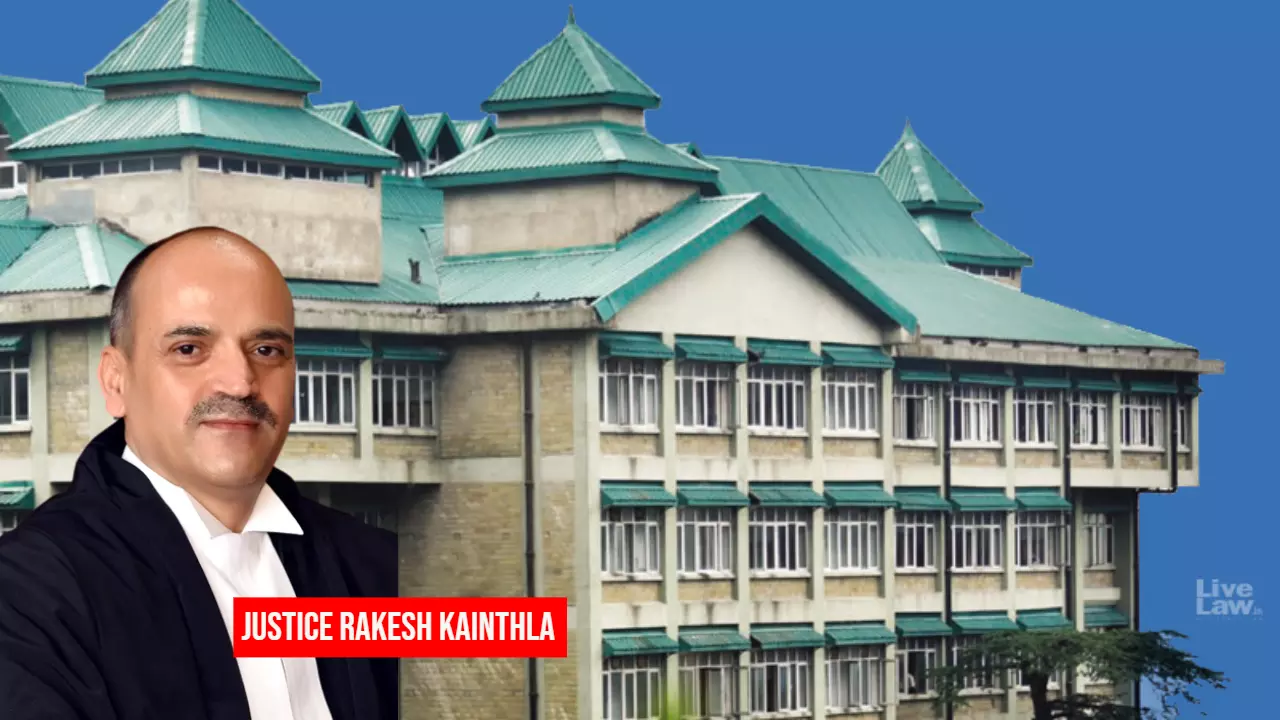
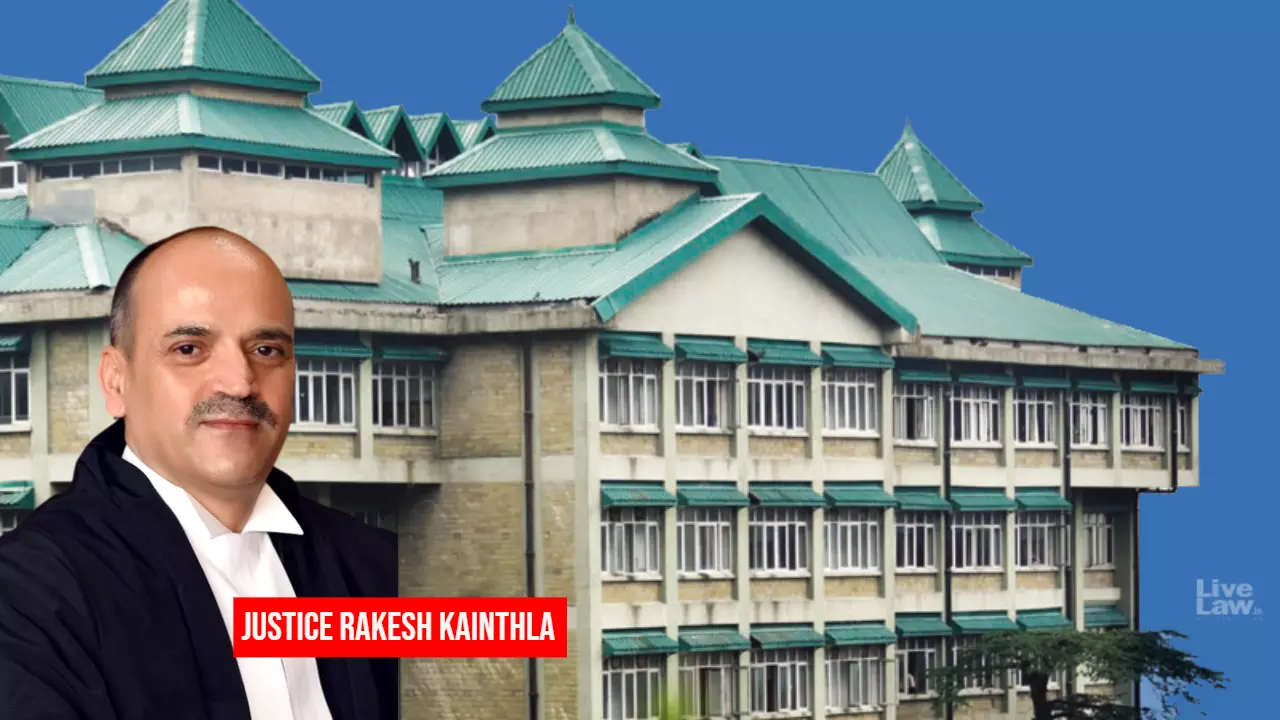
Himachal Pradesh High Court held that a lessee who had control over the operations of a factory fell within the definition of “occupier” under the Employees’ Provident Fund and Miscellaneous Provisions Act, 1952 and was therefore legally bound to deduct and deposit Employees Provident Fund contributions into the statutory fund.
Justice Rakesh Kainthla: “Therefore, the petitioner will fall within the definition of the occupier, and he, being an occupier, was bound to deduct the contribution and deposit the same into the statutory funds. Hence, the submission that the petitioner is not liable to deposit the contribution and the proceedings were wrongly initiated against him cannot be accepted.”
Background Facts:
The petitioner, Vinod kumar had taken M/S Sidhbari Cooperative Tea Factory, located in Dharamshala, on lease for the period from January 2015 to December 2019. An FIR was registered against him, based on a complaint that he had deducted EPF contributions from employees’ wages but failed to deposit the same into the statutory fund.
Aggrieved by the registration of FIR and the police investigation, the petitioner filed writ petition before the High Court seeking quashing of the FIR.
Contentions:
The petitioner contended that he had no involvement with the processing, producing, transporting and marketing of tea by M/S Sidhbari Cooperative Tea Factory. He further stated that he was not registered under the Employees’ Provident Fund and Miscellaneous Provisions Act, 1952 , and that the responsibility for depositing contributions lies with the principal employer.
He submitted that the workers of the factory were not employed by him, but were engaged by the Sidhbari Cooperative Society, and no responsibility for the employees had been transferred to him. He further stated the FIR did not disclose any cognizable offence and the matter was civil in nature. The continuation of the proceedings would amount to an abuse of the process of the Court.
In response, the State contended that the petitioner fell within the definition of an employer. Since he had deducted EPF contributions from the employees’ wages, he was legally obligated to deposit those amounts into the statutory funds. His failure to do so amounted to a criminal breach of trust under Section 406 of the Indian Penal Code, 1860.
Findings:
The Court remarked that the petitioner had taken the factory on lease from M/s Sidhbari Cooperative Tea Factory. It observed that Section 2(e) of the EPF Act defines an “employer” as the owner or occupier of the factory, including the agent of such owner or occupier. Section 2(k) of defined “occupier” as the person who has ultimate control over the affairs of the factory, and where the affairs are entrusted to a managing agent, such agent is deemed to be the occupier of the factory.
It stated that in this case, the management of the factory was with the petitioner by way of lease, the Court held that he fell within the statutory definition of “occupier.” In Basha Khan, In re, 1965, the Supreme Court held that a lessee of a factory falls under the definition of occupier.
The Court noted that it is clear that the petitioner falls within the definition of occupier and being an occupier, he was bound to deduct the EPF contribution and deposit the same into the statutory funds.
The Court rejected the petitioner’s contention that the registration of the F.I.R. was not proper as civil proceedings had to be initiated for recovery of amount. The Court stated that Section 406 of the Indian Penal Code, specifically states that failure to deposit the contribution will be an offence punishable under Section 406 of the IPC.
Thus, the Court dismissed the petition and stated that the petitioner had failed to deposit the EPF contribution despite its deduction and FIR can’t be quashed in the present case.
Case Name: Vinod Kumar v/s State of H.P. & others
Case No.: Cr. MMO No.211 of 2025
Date of Decision: 18.06.2025
For the petitioner : Mr. Raju Ram Rahi, Advocate.
For respondents/State. : Mr. Lokender Kutlehria, Additional Advocate General

